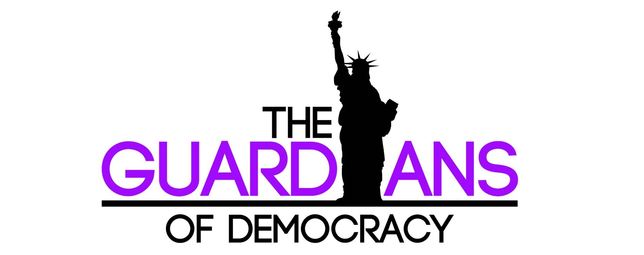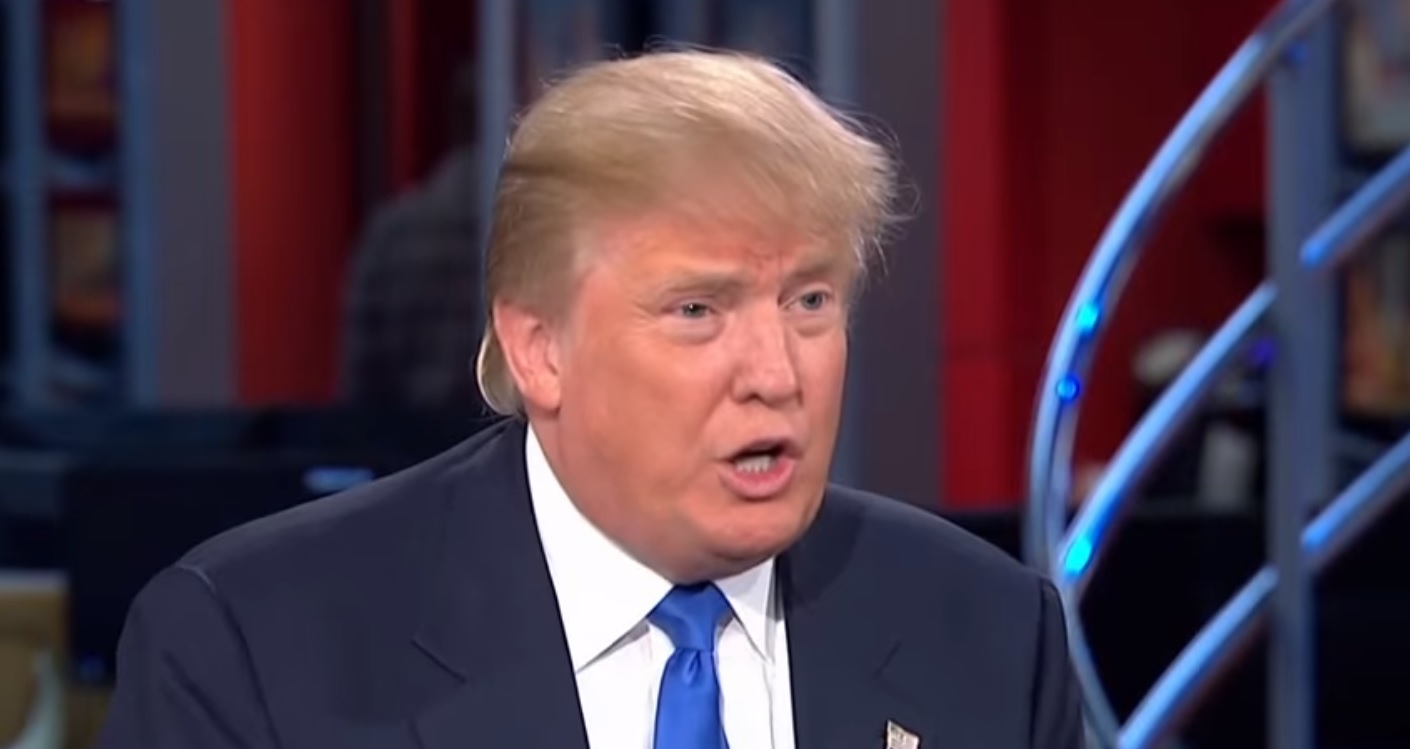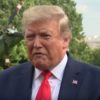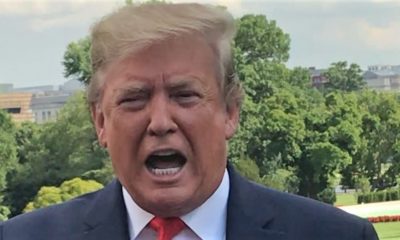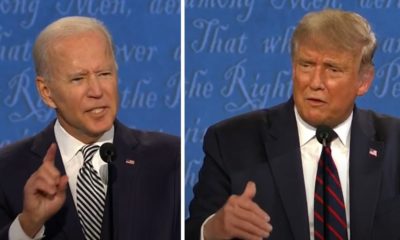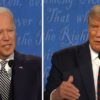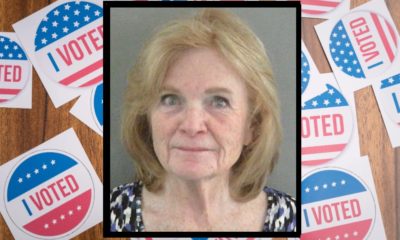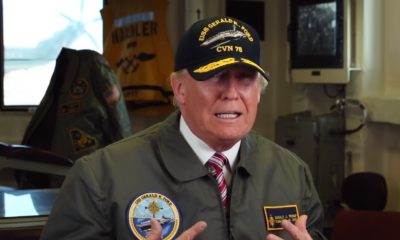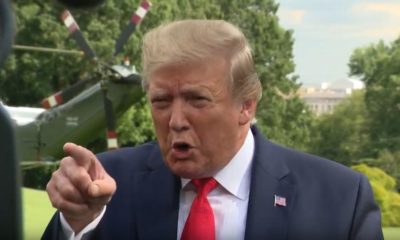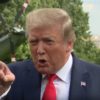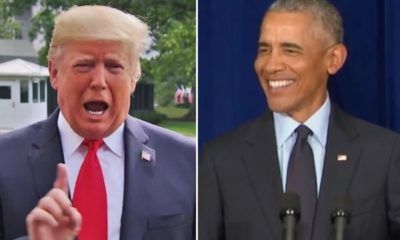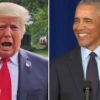Authoritarianism
‘A Waste Of Taxpayer Money’: 27 States Refusing To Provide Voter Data To Trump Election Panel
At least 27 states are refusing to turn over the personal data of voters to President Trump’s voter fraud commission after the vice chair of the commission sent a letter to all 50 states requesting the names, birthdays, Social Security numbers, and voting history of every person on their voter rolls.
27 states now opposing Kobach: AZ, CA, CT, IN, KY, MA, MN, MS, MT, NC, NM, ND, NV, NY, OH, OK, OR, PA, RI, SD, TN, TX, UT, VA, VT, WA, WI
— Ari Berman (@AriBerman) July 1, 2017
In the letter, which was sent to the secretaries of state of all 50 states and was made public by the Connecticut secretary of state, the commission head Kris Kobach said that “any documents that are submitted to the full Commission will also be made available to the public.”
The letter directs the states to turn over “publicly-available voter roll data including, if publicly available under the laws of your state, the full first and last names of all registrants, middle names or initials if available, addresses, dates of birth, political party (if recorded in your state), last four digits of social security number if available, [and] voter history from 2006 onward.”
On Wednesday, the office of Vice President Pence released a statement saying “a letter will be sent today to the 50 states and District of Columbia on behalf of the Commission requesting publicly available data from state voter rolls and feedback on how to improve election integrity.”
Kobach’s letter goes on to ask states to respond to a list of questions about voting in their states, inquiring about “law, policies or other issues hinder your ability to ensure the integrity of elections you administer.” The letter also asks for information about “convictions for election -related crimes” since the November 2000 presidential election, reports the Hill.
The states were given a deadline of July 14 to submit the requested data to the commission.
Kentucky Secretary of State Alison Lundergan Grimes (D) said that she does not intend to release the data.
“The president created his election commission based on the false notion that ‘voter fraud’ is a widespread issue — it is not,” Lundergan Grimes said. “I do not intend to release Kentuckians’ sensitive personal data to the federal government.”
Mississippi Secretary of State Delbert Hosemann, a Republican, similarly said he won’t turn over any information to the panel, telling members of the voter fraud commission to, “go jump in the Gulf of Mexico.”
Pennsylvania Gov. Tom Wolf, a Democrat, tweeted:
You can add PA to that list. We will not participate in this systematic effort to suppress the vote. https://t.co/EHnY2NJI5R
— Governor Tom Wolf (@GovernorTomWolf) June 30, 2017
Chief election officials from both sides of the aisle expressed skepticism about Trump’s claim of voter fraud.
“In Ohio, we pride ourselves on being a state where it is easy to vote and hard to cheat,” said Jon Husted, Ohio’s Republican secretary of state. “Voter fraud happens, it’s rare and when it happens we hold people accountable. I believe that as the Commission does its work, it will find the same about our state.”
“California’s participation would only serve to legitimize the false and already debunked claims of massive voter fraud,” Democratic Secretary of State Alex Padilla said in a statement about the letter.
“New York refuses to perpetuate the myth voter fraud played a role in our election,” Governor Andrew Cuomo said in a statement. “We will not be complying with this request.”
“I have no intention of honoring this request,” said Governor Terry McAuliffe of Virginia in a statement. “Virginia conducts fair, honest, and democratic elections, and there is no evidence of significant voter fraud in Virginia.”Virginia Gov. Terry McAuliffe (D) said in a statement that he has “no intention” of fulfilling the request, defending the fairness of his state’s elections. He also blasted the commission in his statement, saying it was based on the “false notion” of widespread voter fraud in the November presidential election.
He also denounced the commission in his statement, saying it was based on the “false notion” of widespread voter fraud in the November presidential election.
“At best this commission was set up as a pretext to validate Donald Trump’s alternative election facts, and at worst is a tool to commit large-scale voter suppression,” McAuliffe stated.
Indiana Secretary of State Connie Lawson (R), a member of the Kobach commission and the president of the National Association of Secretaries of State, announced in a statement that her state wouldn’t release certain information requested by Kobach.
“Indiana law doesn’t permit the Secretary of State to provide the personal information requested by Secretary Kobach,” Lawson said. “Under Indiana public records laws, certain voter info is available to the public, the media and any other person who requested the information for non-commercial purposes. The information publicly available is name, address and congressional district assignment.”
“Wisconsin statutes do not permit the state to release a voter’s date of birth, driver license number or Social Security number,” Michael Haas, the administrator of the Wisconsin Elections Commission, said in a release.
Officials in Connecticut, Minnesota, Rhode Island and Utah also said their states would withhold nonpublic information.
“It is deeply troubling that he has been given oversight of this commission by the president,” Rhode Island Secretary of State Nellie Gorbea (D) said.
The Hill added:
“Kobach is an advocate of strict voter identification laws, which he says are necessary to combat fraud. Opponents say those laws hinder access to the polls primarily for elderly and minority voters.
Officials have raised questions about the commission’s discretion obtaining the confidential documents.”
